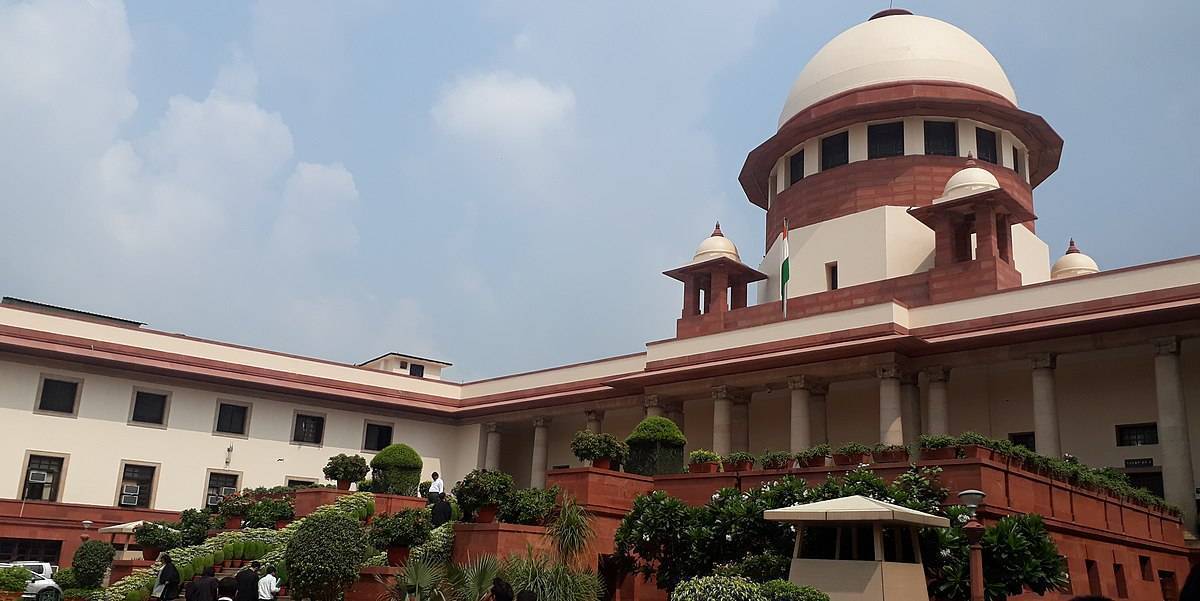The Comptroller and Auditor General (CAG) has highlighted significant irregularities in the Greater Noida Industrial Development Authority’s (GNIDA) allotment of farmhouse plots. The audit report points to violations of environmental norms, mismanagement of land, and revenue losses amounting to hundreds of crores. The findings raise questions about the authority’s role in safeguarding ecological zones, particularly the Hindon river floodplain, where prohibited construction was allowed.
According to the CAG, GNIDA allotted large tracts of land under two schemes – the Institutional Farm Houses scheme launched in 2011 and the Krishi Farm Houses scheme introduced in 2015. Both were meant to support controlled agricultural use and maintain green buffers in the region. However, the audit reveals that the authority not only ignored government orders restricting construction in floodplains but also allowed encroachments and permanent structures in areas designated as natural conservation zones.
The Institutional Farm Houses scheme permitted developers to sub-lease smaller plots for limited agricultural and residential purposes. Three massive plots covering over 330 acres were allotted to SDS Infratech Pvt Ltd, Gaursons India Ltd, and Gaursons Hi-tech Infrastructure Ltd at a premium of ₹371.64 crore. However, developers defaulted on payments, and dues of ₹597.6 crore accumulated. In one case, allotment was cancelled in 2017 over unpaid dues of ₹204 crore, but litigation has kept the matter unresolved.
The audit further noted that GNIDA allowed developers to mortgage allotted plots to raise loans despite large pending dues. The Supreme Court has previously criticised such practices, calling them evidence of collusion between builders and authorities.
Encroachments Under Krishi Farm House Scheme
The Krishi Farm Houses scheme was aimed at farmers whose land had been acquired for development projects. It offered smaller plots ranging from 4,000 to 10,000 square metres, with the condition that only temporary structures could be built for agricultural use.
In practice, the CAG found widespread violations. Permanent houses, shops, workshops, and polluting units were constructed on these plots. In Haibatpur village, plots were allotted as close as 130 metres to the Hindon river, despite clear regional planning guidelines that prohibited such activity in the floodplain. The Regional Plan 2021 had categorised the Hindon floodplain as a “Natural Conservation Zone,” restricting construction to just 0.5% of the land area.
Satellite imagery and field verification in 2019 confirmed illegal occupation and construction across these sites. The CAG reported dense settlements, garages, and commercial activity in areas meant to remain green. As a result, GNIDA eventually decided to scrap the Krishi Farm House scheme and refund deposits with 4% interest. Refunds for eight of nine allottees were processed between January 2020 and March 2021.
Environmental Concerns
The audit emphasised that by selling farmhouse plots in prohibited areas, the authority disregarded both environmental regulations and government orders issued in March 2010. Those orders had explicitly barred construction in floodplain areas and required authorities to mark such zones in master plans.
Instead of protecting sensitive ecological areas, GNIDA facilitated their exploitation. The CAG concluded that the authority’s actions directly contributed to degradation of the Hindon river floodplain and loss of green cover in the National Capital Region.
Another major issue highlighted in the report was allotment of plots without confirming clear possession of land. In one case, nearly 17,568 square metres of land in FH-03 was not acquired at the time of allotment. Despite these uncertainties, GNIDA proceeded with allotments, further complicating ownership and accountability.
During the audit exit conference in January 2021, the Uttar Pradesh government accepted the CAG’s findings. Officials assured that corrective measures would be taken, including a review of the farmhouse schemes, recovery of dues, and restoration of floodplain areas.
Vinod Kumar, General Manager of GNIDA, said that the authority would strengthen allotment guidelines in line with audit recommendations and work to prevent further violations.
The CAG report underlines systemic failures in land management and environmental oversight by the Greater Noida Authority. By allotting plots in ecologically sensitive areas, allowing illegal construction, and ignoring financial defaults, GNIDA not only lost revenue but also compromised environmental safeguards.









.png)